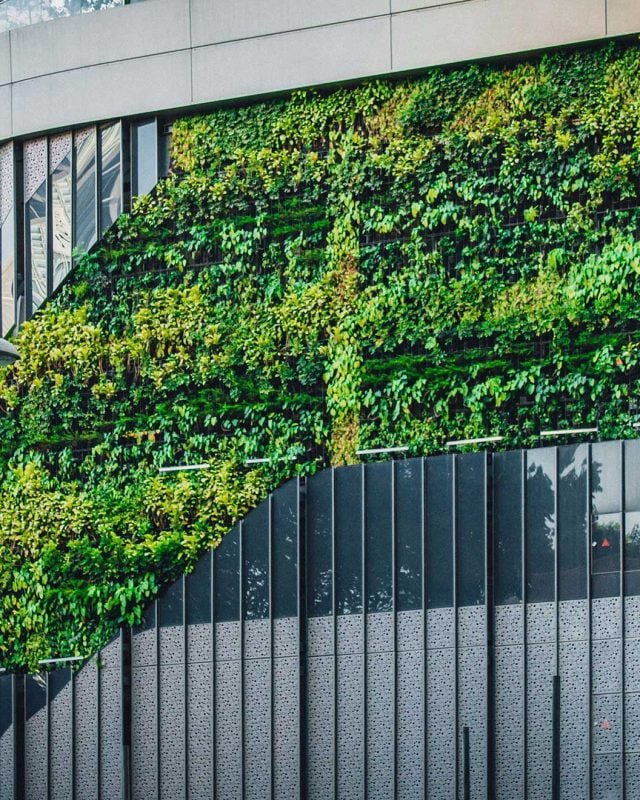Building Sustainable FMCG Warehousing Solutions in Saudi Arabia
In Saudi Arabia, the Fast-Moving Consumer Goods (FMCG) sector plays a vital role in driving the nation’s economic growth. With the increasing demand for FMCG products, there is a corresponding need for efficient and sustainable warehousing solutions. As the Kingdom continues its journey toward sustainability, the construction of sustainable FMCG warehousing has become a focal point for industry leaders. This article delves into the key strategies for building eco-friendly warehouses that meet the growing demands of the FMCG sector while aligning with Saudi Arabia’s Vision 2030.
The Importance of Sustainable FMCG Warehousing
The FMCG sector is highly dependent on an efficient supply chain, and warehousing forms a crucial part of this chain. Traditionally, warehousing has been energy-intensive, with significant environmental impacts due to high energy consumption, waste generation, and inefficient resource management. However, the shift towards sustainable FMCG warehousing is transforming how these facilities are designed, constructed, and operated.
Sustainable FMCG warehousing not only reduces the environmental footprint but also offers economic benefits. Energy-efficient designs, such as the use of renewable energy sources like solar panels and advanced insulation techniques, can significantly lower operating costs. Furthermore, sustainable practices like water recycling and waste reduction contribute to overall cost savings, making these warehouses financially viable in the long term.
Key Strategies for Sustainable Warehousing
- Energy-Efficient Design: One of the primary considerations in building sustainable FMCG warehousing is energy efficiency. Incorporating energy-saving technologies, such as LED lighting, motion sensors, and energy-efficient HVAC systems, can drastically reduce energy consumption. Additionally, utilizing natural light through skylights and large windows can minimize the need for artificial lighting, further reducing energy use.
- Use of Sustainable Materials: The choice of materials in construction plays a critical role in sustainability. Opting for locally sourced, recycled, or low-carbon materials can lower the environmental impact of the warehouse construction. Materials like bamboo, recycled steel, and eco-friendly concrete are excellent choices for creating a green warehouse structure.
- Smart Water Management: Water conservation is another crucial aspect of sustainable FMCG warehousing. Implementing rainwater harvesting systems, water-efficient fixtures, and greywater recycling can significantly reduce water consumption. These practices not only contribute to sustainability but also help in maintaining compliance with the Kingdom’s water management regulations.
- Automation and Technology Integration: The integration of automation and smart technologies in warehousing operations can enhance efficiency and sustainability. Automated systems can optimize space utilization, reduce human error, and streamline processes, leading to reduced energy consumption and lower operational costs. Additionally, smart sensors can monitor energy use, detect inefficiencies, and suggest improvements in real-time.
- Sustainable Logistics: Beyond the warehouse, sustainable logistics practices should be considered. This includes optimizing transportation routes to reduce fuel consumption, using electric or hybrid vehicles for goods transport, and adopting packaging solutions that minimize waste.
Aligning with Vision 2030
Saudi Arabia’s Vision 2030 emphasizes sustainability as a key pillar for the nation’s future. Building sustainable FMCG warehousing aligns with this vision by promoting eco-friendly practices and reducing the carbon footprint of the logistics and supply chain sector. As the Kingdom continues to invest in green technologies and sustainable infrastructure, companies that prioritize sustainable warehousing will not only contribute to the national goals but also gain a competitive edge in the market.
In conclusion, the construction of sustainable FMCG warehousing in Saudi Arabia is not just a trend but a necessity for long-term growth and environmental stewardship. By adopting energy-efficient designs, using sustainable materials, and integrating smart technologies, Saudi Arabia can lead the way in creating a more sustainable future for the FMCG sector.



